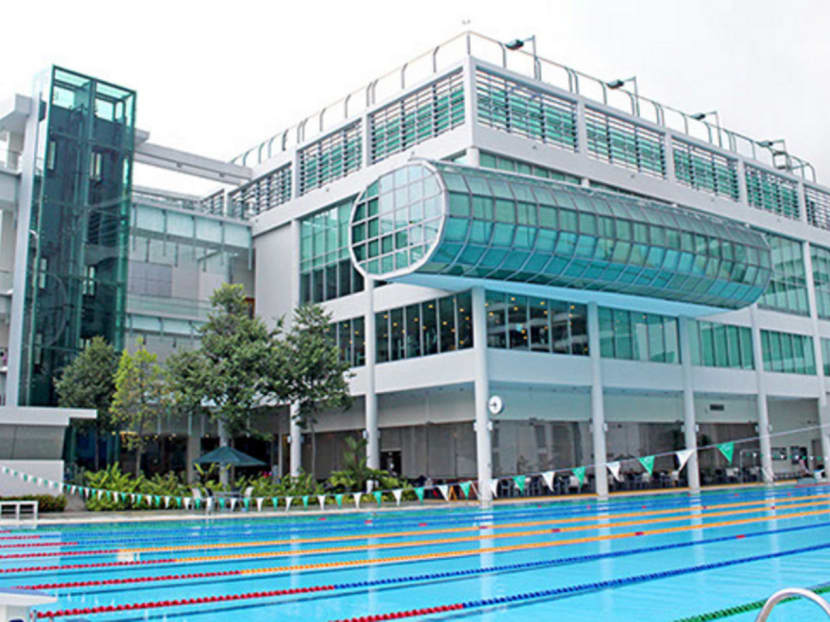New rules will promote responsible gambling: Clubs
SINGAPORE — Over the past five years, the Chinese Swimming Club has seen revenue from its jackpot machines dip — from more than a quarter of its total income in 2011, to around 16 per cent last year. And the club is expecting the figure to drop further, following the Ministry of Home Affairs’ (MHA) announcement yesterday on the tightening of regulations on jackpot machines, also known as fruit machines, in private clubs.

Chinese Swimming Club is one of the clubs affected by the new ruling. Photo: Chinese Swimming Club website
SINGAPORE — Over the past five years, the Chinese Swimming Club has seen revenue from its jackpot machines dip — from more than a quarter of its total income in 2011, to around 16 per cent last year. And the club is expecting the figure to drop further, following the Ministry of Home Affairs’ (MHA) announcement yesterday on the tightening of regulations on jackpot machines, also known as fruit machines, in private clubs.
The move is aimed at curbing social ills arising from addiction to these machines.
Several other social and recreation clubs TODAY contacted declined to say if the new measures — which include the reduction of private clubs’ quotas for these machines and limits on the operating hours of jackpot rooms — would have an impact on their organisations’ bottom lines.
However, they said they welcome the announcement, noting that the new rules will promote responsible gaming and gambling.
A spokesperson for NTUC Club, which has jackpot rooms at its clubhouses, said: “We welcome the new social safeguards to tighten the operation of fruit machines so as to protect our members from the potential harm of gaming addiction.”
Expressing a similar sentiment, Safra, whose clubhouses provide recreational facilities for national servicemen and their families, said: “We support responsible gambling and will study the potential impact on our operations and how to fulfil the regulatory requirements.”
The MHA said there are about 1,900 jackpot machines operating in 82 clubhouses. Other places with jackpot rooms include the National University of Singapore Society clubhouses, Singapore Recreation Club, Singapore Cricket Club, and Singapore Polo Club.
Apart from jackpot rooms, these clubs also have many other facilities for members and patrons, some of which also serve as sources of income for them. For example, the Singapore Island Country Club (SICC) has facilities such as a karaoke room and a gymnasium, apart from its golf courses.
An SICC spokesperson said: “As we have many operational income streams, we do not depend on the income from jackpot machines”.
At the Chinese Swimming Club (CSC), its members can make use of recreational facilities such as tennis and badminton courts, and a bowling alley.
Still, some clubs said yesterday that they would need more time to see how the new measures would pan out.
Ms Rosalind Tan, CSC’s general manager, said: “We hope to have greater clarity on the proposed measures as we need some reaction time to make the necessary tweaks and adjustments to our jackpot operations.”
Ms Charlotte Hsu, a partner at PwC Singapore, said the new measures are “a right step forward in addressing the gambling problems of individuals”.
However, the clubs that rely significantly on takings from jackpot machines will bear the heaviest brunt of the move. “If what a club has to offer is compromised as a result of reduced funding and/or the inability to generate alternative lucrative funding, it could have knock-on effects on club members,” she added.






